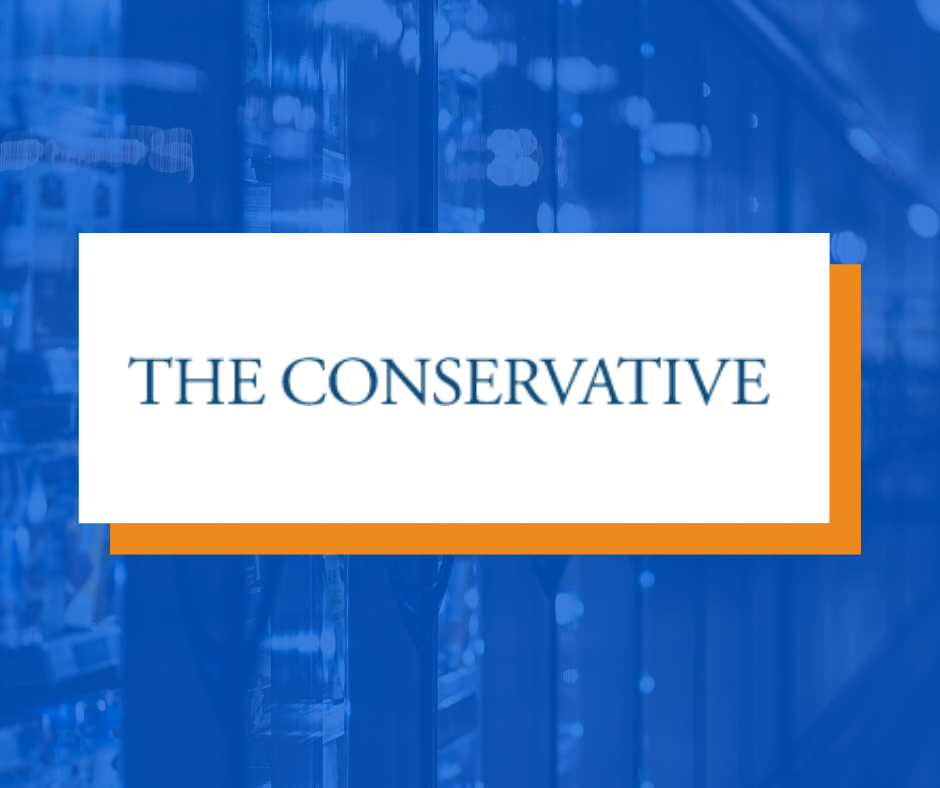The rulings on KLM, TAP, and Condor should be just the beginning
The airline RyanAir has successfully challenged the bailouts of the Dutch airline KLM, the Portuguese company TAP, and the German carrier Condor. The crusade of RyanAir CEO Michael O’Leary seems to show effects, as the €550 million bailout for Condor has been put on hold – despite the court not asking the money back immediately from the airline – while others are hanging in the balance.
TAP and KLM have seen the same things happen to them. In all three cases thus far, the justification of the European Court of Justice has been that the bailout funds hadn’t been sufficiently justified by the member states in question. Ryanair welcomed the two rulings as an “important victory for consumers and competition”. The state aid had violated the principle of the internal market in the EU and reversed the liberalisation of air transport. They led to unfair competition by inefficient companies. Europe’s largest low-cost airline has filed a total of 16 lawsuits against state aid to competitors with the Luxembourg court, including the billions in aid to Lufthansa. However, the EU court had rejected lawsuits against state funds for the Scandinavian SAS, Finnair and Air France. The Irish company had taken legal action in May 2020 to denounce on the one hand guaranteed loans granted by Sweden, in particular to the Scandinavian company SAS for an amount of 3.3 billion crowns (308 million euros).
In the case of France, as in the case of Sweden, it considers that the aid measures are indeed aimed at remedying the damage caused by this extraordinary event to airlines in both countries. The State aid is also considered to be “proportionate”.
One point where the ECJ judges in the Condor case see a need for clarification is the question of the costs for the insolvency proceedings. This had to be extended after the cancellation of the PGL (Polish Aviation Group). The EU Commission had not sufficiently explained why it had included the extended insolvency period when calculating the damage to Condor from the Corona crisis, the judges explained. In principle, the Commission itself has stipulated that only damages directly caused by the pandemic – such as cancelled flights – may be compensated with taxpayers’ money. Moreover, it had not been explained why the planned sale to PGL had failed because of the pandemic. On this point, improvements could solve the headaches of Condor, but it’s not a given.
The problem with only attacking the precise justifications is that while the ECJ temporarily suspends the bailouts, the court does not strike down the principle of airline bailouts at all. Most of these airlines demanded funds in just a few weeks after the lockdown measures began, showing that they were all short-stripped for cash to begin with. Why should taxpayers fund companies that do not secure themselves sufficiently for times of crisis? After all, individual citizens or small companies would also be asked to pay their bills – and if caught spending money they do not have, would be called fiscally irresponsible. How airlines balance (or rather not balance) their books is their business alone, and not that of the taxpayer.
Originally published here.



